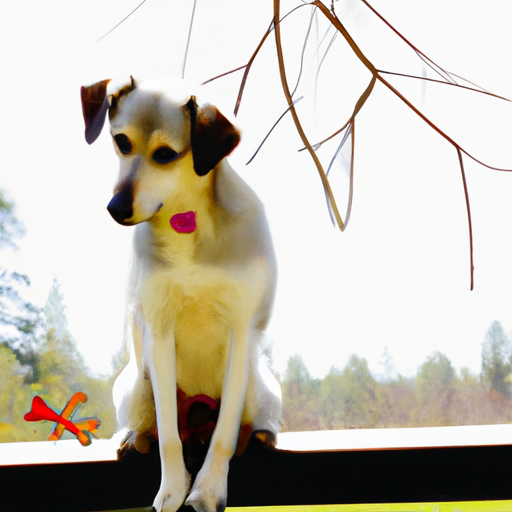As a caregiver, you’re always looking for ways to keep your beloved pet safe and healthy. You might have wondered why vets and pet experts always seem to insist that dogs should never have chicken bones. This piece is dedicated to shedding light on this often misunderstood topic. Let’s break it down together.
H2: The Anatomy of Bones and Dogs’ Digestive System
To fully understand why chicken bones are a no-no for dogs, let’s start with a brief overview of the anatomy of bones and the canine digestive system.
The bones of chicken, and birds in general, are hollow and brittle. They can easily splinter into sharp pieces when chewed or crushed. These sharp fragments can cause serious damage to your dog, including cuts, tears, and punctures in the digestive tract.
On the other hand, dogs’ digestive systems are not designed to handle bones, especially not the sharp, splintered pieces that can result from chewing on chicken bones. Dogs have a relatively short and straight digestive tract compared to humans, which means that they can’t effectively digest certain types of food, including bones.
H2: The Risks of Feeding Chicken Bones to Dogs
Now, let’s take a closer look at some of the specific risks associated with feeding chicken bones to dogs.
-
Choking Hazard: The small size and irregular shape of chicken bones can cause choking, especially in smaller dogs.
-
Oral Injuries: Sharp bone fragments can cut or puncture a dog’s gums, tongue, or palate.
-
Digestive Tract Injuries: Sharp bone fragments can puncture the esophagus, stomach, intestines, or rectum, which can cause serious and potentially life-threatening injuries.
-
Blockages: Bones can become lodged in the digestive tract, causing blockages that may require surgical intervention.
-
Nutritional Imbalance: Even if a dog can safely consume chicken bones, doing so regularly can lead to a nutritional imbalance, as bones are high in calcium and phosphorus but low in other essential nutrients.
H2: Safe Alternatives to Chicken Bones
Given the risks associated with chicken bones, here are some safer alternatives you can consider:
-
Specially Designed Chew Toys: These are designed to withstand a dog’s powerful jaws and are a safe option for satisfying your dog’s instinctual urge to chew.
-
Edible Dental Chews: These can help keep your dog’s teeth clean, while also providing a satisfying chew.
-
Rawhide Chews: While these also pose some risks, they are generally safer than chicken bones. However, always supervise your dog when they are chewing on rawhide.
Remember, it’s always best to consult with your vet before introducing any new food or chew item into your dog’s diet.
H2: Myths and Misconceptions
You might have heard that it’s okay to give dogs chicken bones, or that wild dogs and wolves eat bones all the time. While it’s true that wild canines consume bones, they also suffer from the risks associated, including oral and digestive tract injuries. Domesticated dogs live much longer than their wild counterparts, largely because they avoid hazards like bones in their diet.
FAQ
1. Can dogs eat cooked chicken bones?
No, actually, cooked chicken bones are even more dangerous as they are more likely to splinter.
2. What should I do if my dog eats a chicken bone?
Don’t panic. Keep an eye on your dog for any signs of discomfort or distress, and call your vet right away.
3. Can dogs eat other types of bones?
Some other types of bones, like beef or pork, may be safer but still pose risks. Always consult your vet first.
4. Are boneless chicken pieces safe?
Yes, boneless chicken pieces that have been properly cooked and cooled are generally safe for dogs to eat.
Understanding why chicken bones are dangerous for dogs is crucial for every caregiver. Always remember, when it comes to your dog’s health, it’s better to be safe than sorry.



